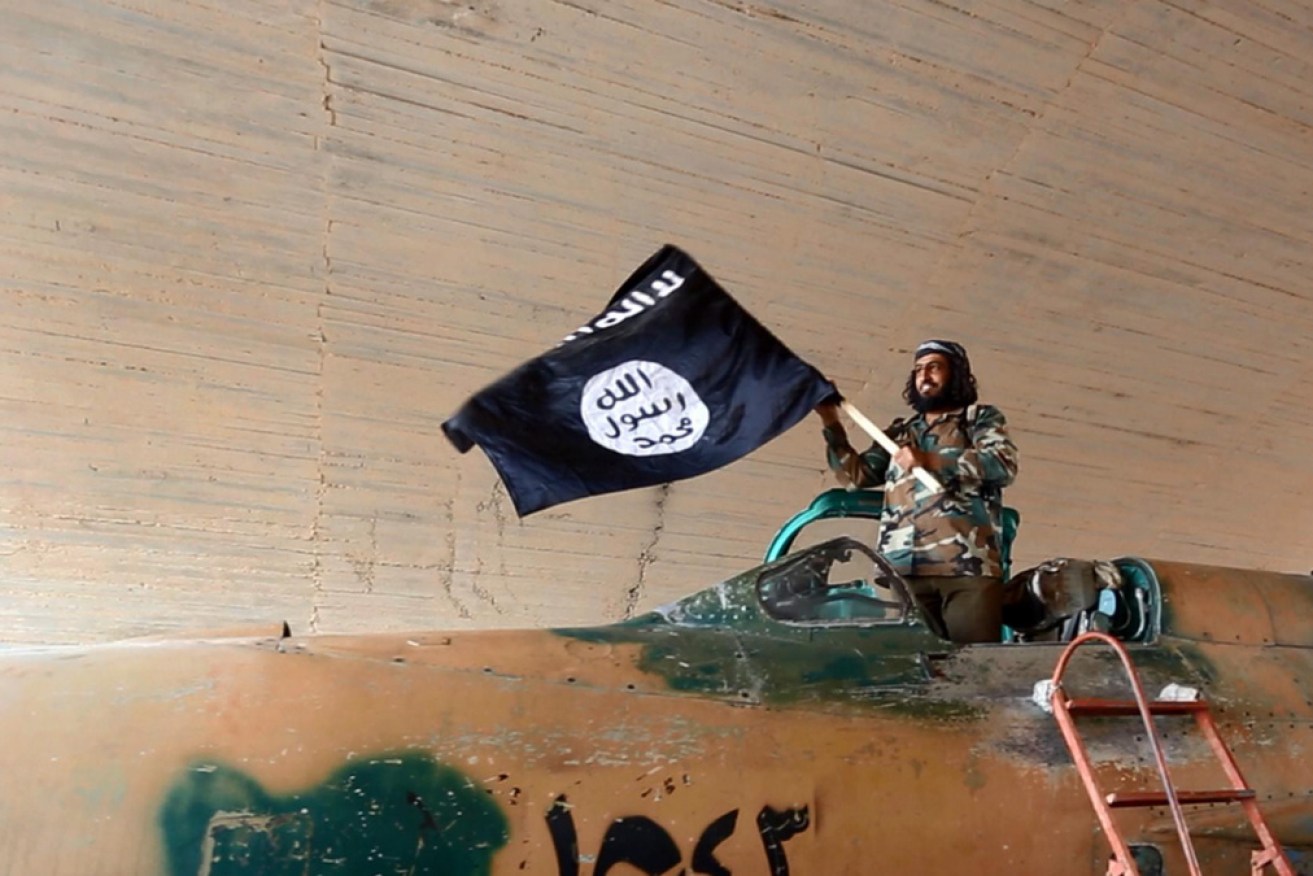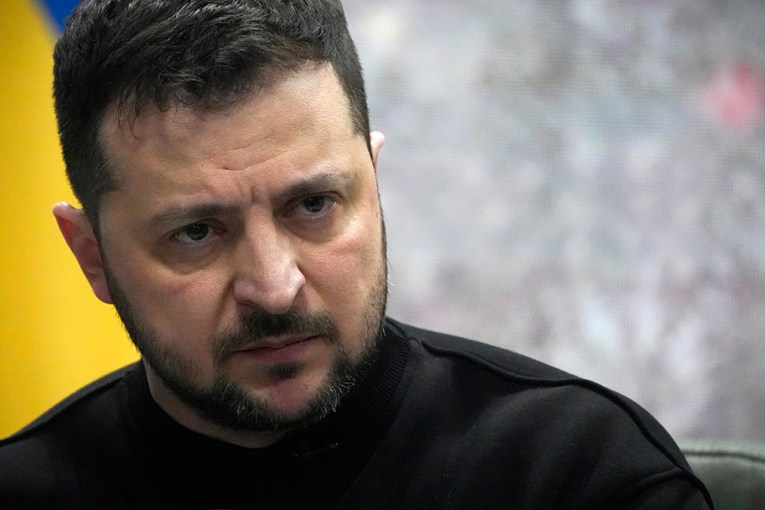IS plotting more lone wolf attacks while it rebuilds caliphate, security experts warn


ISIS poses a bigger threat now than it did during the so-called Caliphate. Photo: Getty
International security strategists have warned Islamic State poses a bigger threat now than it did during the height of the so-called caliphate.
The group’s transition from governing territory across Syria and Iraq to a global insurgency group means Australia will be at increased risk from “home-grown individuals”, a Australian Strategic Policy Institute report said.
“Despite having no territory and having lost many of their leaders, both al-Qaeda and ISIL [another term for IS] continue to pose a threat to the maintenance of international peace and security,” it said.
“In fact, one could argue that they pose more of a threat today as the structure of the groups has moved from integrated to fragmented, making command and control more tenuous.”
The Islamic State Caliphate collapsed in March after Kurdish-led forces seized Baghouz, the last Syrian stronghold held by the group.
In April the group released a video of its leader, Abu Bakr al-Baghdadi, conceding it had lost the caliphate but it would fight “a battle of attrition” – a military strategy where you wear down your opponents.
Research fellow in the West Asia Program at the Lowy Institute Lydia Khalil said we should expect more terrorist acts in the group’s name.
“They were trying to be like a state, so a lot of resources and attention were focused on that,” Ms Khalil told The New Daily.
“Now they are directing their attention to be more global, bolstering their relevance by conducting terrorist attacks like the one we saw in Sri Lanka and pursuing more affiliate networks. They’ve announced they have a new affiliate in the Congo.

Sri Lankan officers inspect the church where a bomb killed at least 257 people. Photo: Getty
“They’re trying to spread and gain relevance. We should expect more global terrorist attacks in their name.”
Not only are the group still trying to recruit members from western countries and expand their affiliate organisations, but they’re also well equipped, Ms Khalil said.
“The group still has a significant number of resources. The number of weapons and currency they have access to, they still have quite a large budget for a terrorist organisation,” she said.
“They’re established and they’ve adjusted.”
ASPI’s national security program director Isaac Kfir said the group is playing a long game to rebuild its caliphate.

A Syrian fighter walks past destroyed vehicles in the final ISIL camp. Photo: Getty
“They’re creating provinces. There’s one in East Asia, one in West Africa, and I suspect once they have enough of these provinces they’ll try to create a very different caliphate … [and] slowly link it,” he said.
While the group has shifted its primary focus away from western targets, it is still using social media to identify at-risk individuals who may be open to the radicalisation process.
“They’ve become a lot more tech-savvy. They use things like Signal and Telegram, then they’re able to have secure communications,” he said.
“Radicalisation takes place in a chatroom. It will be managed by an ISIL person, whether he is a supporter or directly involved, he will oversee the group and make sure everyone is contributing.
“Then it really kicks in. Whether it’s to buy drones or guns, there was a case in the UK where a student attempted to buy a pistol on the dark web.”








